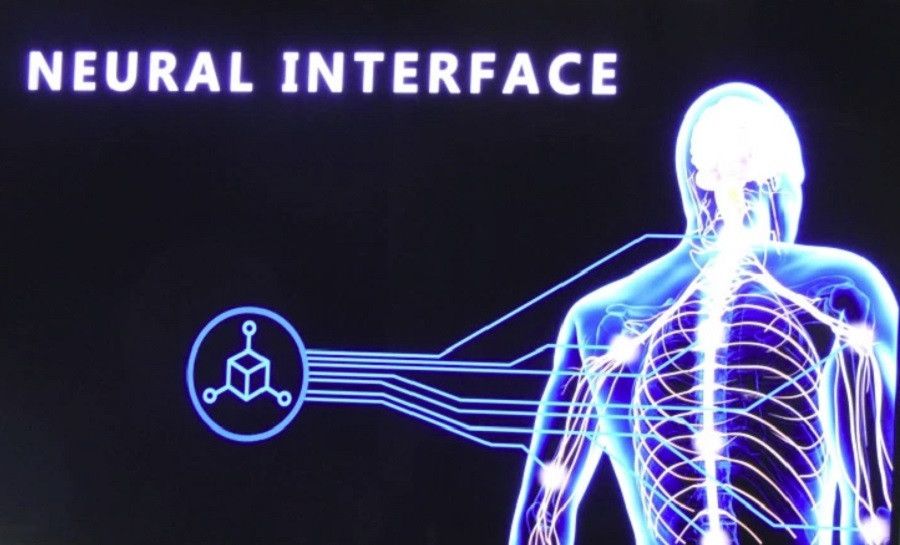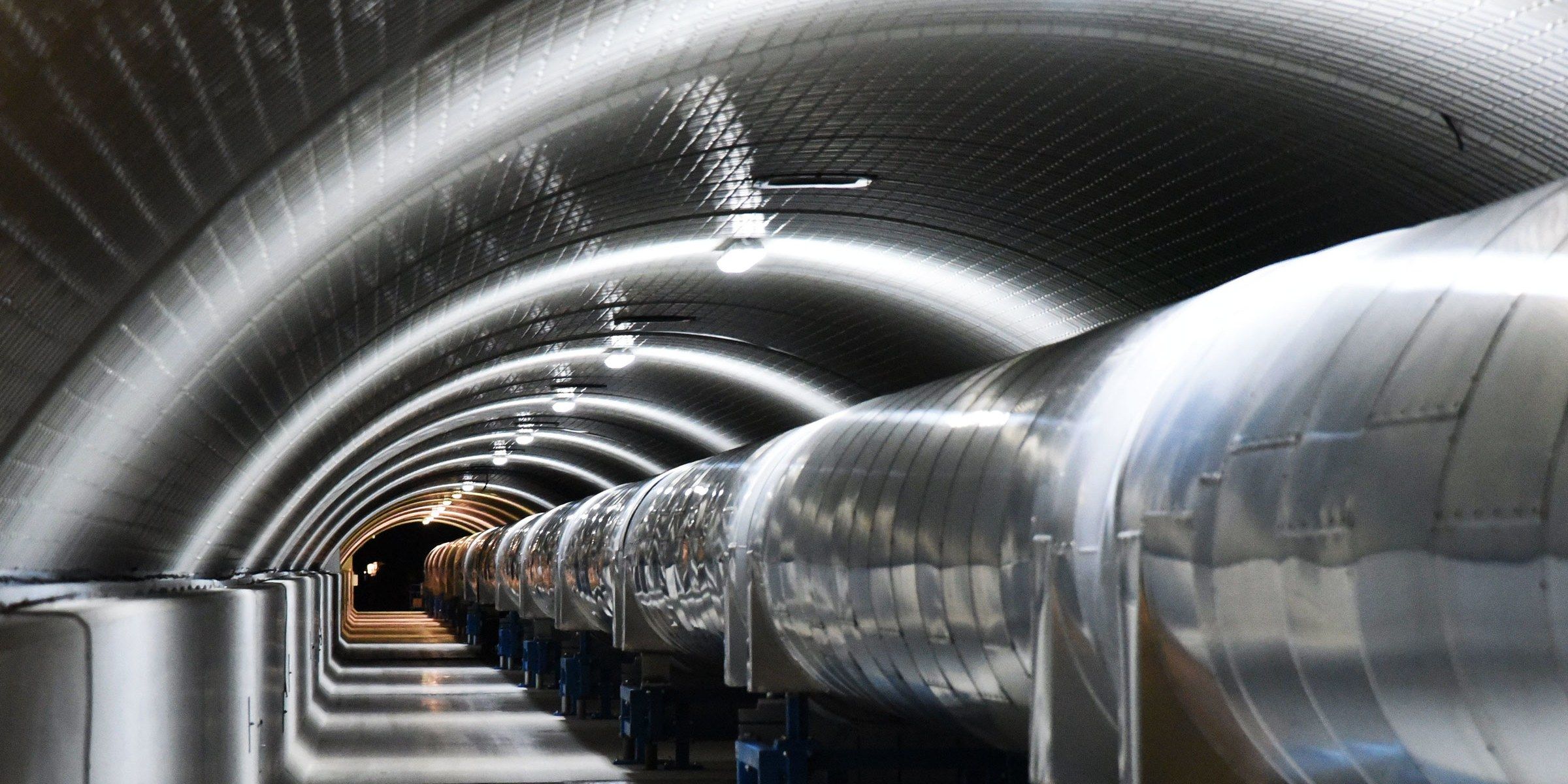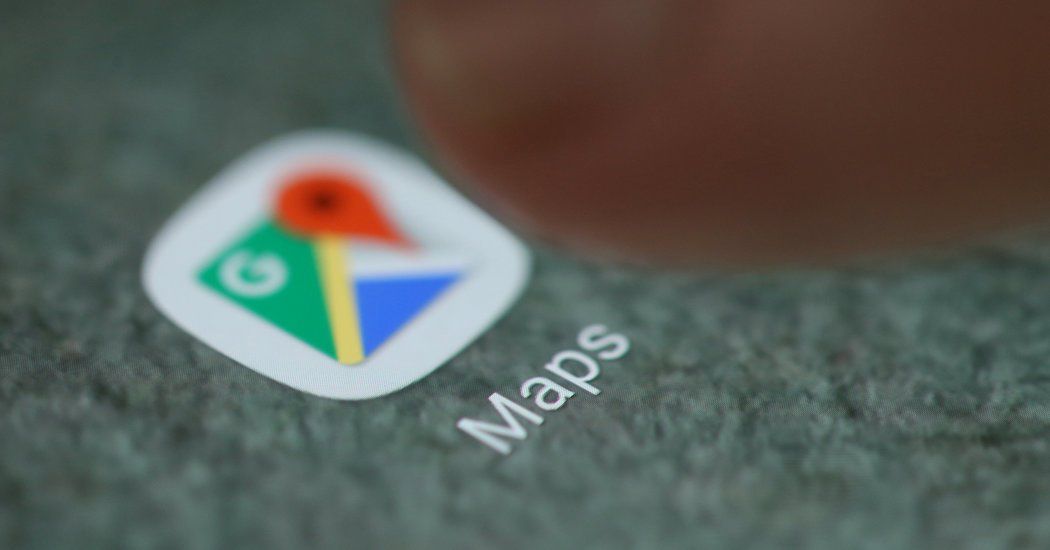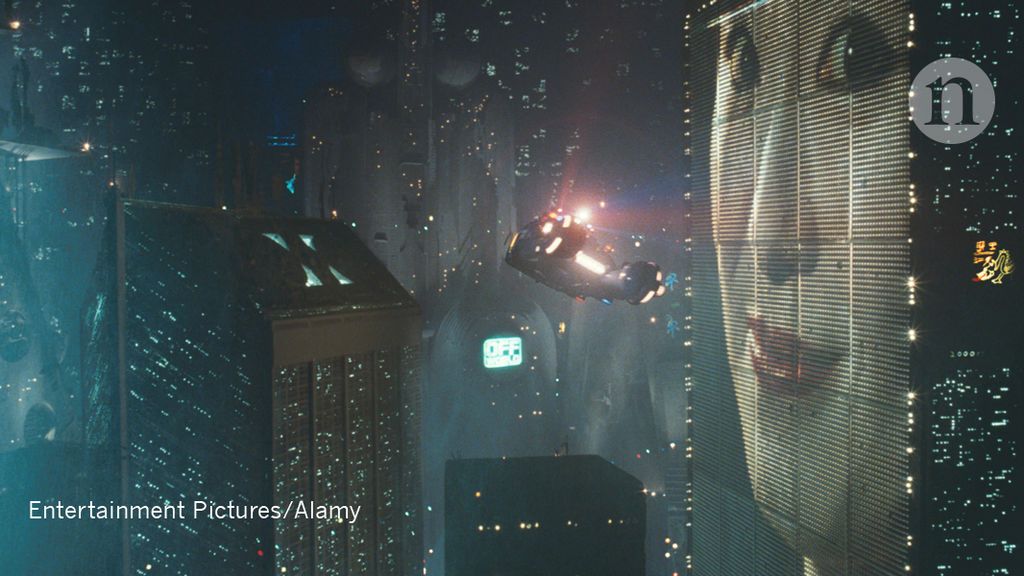Six years after the Fukushima nuclear meltdown, a specialized robot has been able to capture images of melted uranium fuel from the site for the first time.
Category: robotics/AI – Page 2,472

Nvidia Inception’s AI health care startups cover neural interfaces to better MRI
More than 200 artificial intelligence startups applied for Nvidia’s Inception contest, which seeks to identify the best AI startups. The company created the program to find new uses for its graphics processing units (GPUs), but it’s also hoping these startups will change the world.
So far, the company has identified more than 2,800 AI startups over the years through Inception. I listened to pitches from 12 finalists in a Shark Tank styled judging event last week. Each is competing to be one of three finalists to share the $1 million prize pool.
“We’re trying to enable our ecosystem of deep learning neural networks,” said Nvidia CEO Jensen Huang, as he introduced a panel of four judges. The 12 semi-finalists gave their 8-minute pitches, six finalists were selected, and the final winners will be picked at the company’s GPU Technology Conference on March 27 in San Jose, California. They ranged from AI for bionic arms to faster, cheaper, and more accurate magnetic resonance imaging (MRI) scans.



VICE on HBO, Full Episode
Everyone is worried about robots stealing manufacturing jobs, but the real value (and threat) in robots may lie in whether they can become smart enough to actually think on their own.
One of the major milestones in creating human level intelligence is for machines to attain self-awareness. And Columbia University’s Creative Machines Lab may have already done it. “These robots learn overtime, to stimulate themselves in a future situation they haven’t actually experienced.” said Dr. Hod Lipson, the mechanical engineering professor leading the lab’s push to create self-aware robots.
“In other words, they don’t have to learn by doing,” Lipson told VICE News. “They can learn by thinking.”
The robotics department at UC Berkley has made similar advancements with their self-teaching robot BRETT. Using trial and error, BRETT can learn how to fold laundry, assemble LEGO blocks and fit pegs into a hole.
From a technological standpoint, these advancements are exciting, but they raise an important philosophical question: If humans create machines whose intelligence surpasses our own, will we be able to control them?
VICE’s Hamilton Morris explores how robotics and the computers that power them are poised for an extraordinary leap forward with the emergence of artificial intelligence, and how humanity can reconcile the huge risks and possibilities that will follow.
Delivering right on the spot … in the brain
We are making good progress in identifying neural circuits in our brain, small areas responsible for the execution of specific tasks. It is not always the case, actually several tasks are involving many areas in different regions of the brain. Also in this case, however, specific regions host neural circuits whose activity spread around influencing other neural networks. The malfunctioning of these “networks” results in disabilities and the good news is that researchers are starting to find ways to restore (in some cases) the correct working of these neural circuits using drugs.
The problem, however, is that these drugs cannot be delivered through the blood vessels since they would reach “the whole brain” and what is good for a “faulty” circuit may be bad for a “good” circuit. Besides, many drugs cannot flow across the membrane separating the arteries and veins from the brain (the so called blood-brain barrier). This obstacle is exploited by new technologies based on ultrasound beams that can be focussed in a specific place of the brain resulting in the opening of the blood vessels membrane in that area thus letting the drug reach the neurones. This is great but in mot cases it is not enough because the area “flooded” by the drug is still quite large (on a neuronal scale).
Here comes the result from researchers at MIT that have created a way to deliver nanoliter of drugs to areas as small as a cubic millimetre. Again, on the neural scale a cubic millimetre is … well, huge: it contains some 50,000 neurones and 300 million synapses! It is anyhow so much smaller than the area that would be affected by a drug delivered through a blood vessel (even the one that creates a breach into the blood brain barrier), hence it can target much better the faulty circuit without too much effects on other nearby circuits.

Most Americans See Artificial Intelligence as a Threat to Jobs (Just Not Theirs)
The vast majority of Americans expect artificial intelligence to lead to job losses in the coming decade, but few see it coming for their own position.
The other findings, released in January, show that more than three in four Americans believe that artificial intelligence will fundamentally change how the public works and lives in the coming decade.
A new study reveals how widely Americans use and welcome technologies featuring artificial intelligence.
